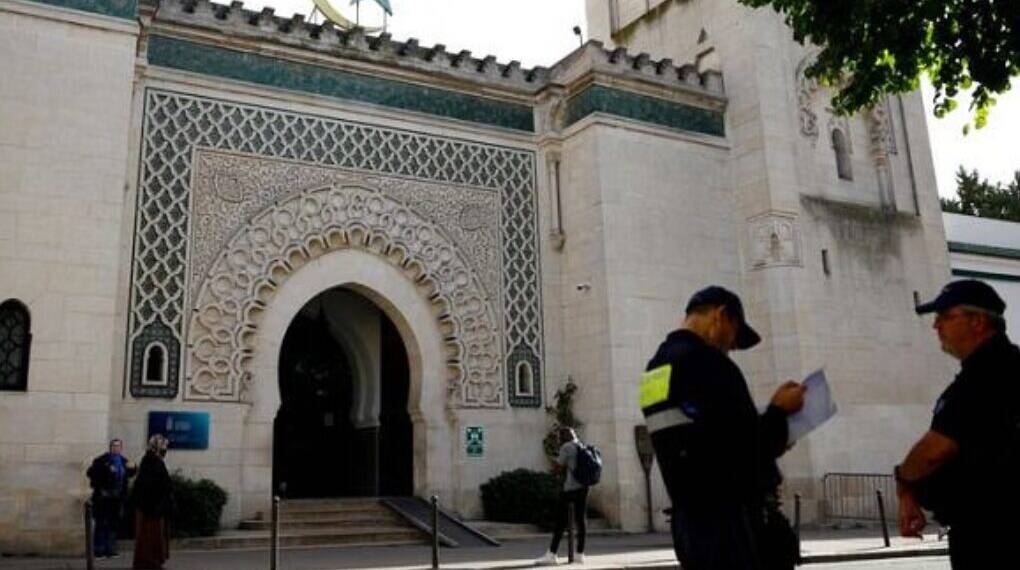In a firm and measured response to concerns about national cohesion, the French government is preparing to act on a comprehensive report that identifies the Muslim Brotherhood as a growing influence in local governance and public institutions. The report, commissioned by the Élysée and prepared by two senior civil servants, will be a key topic at a forthcoming Defence Council meeting in June, following its presentation to President Emmanuel Macron.
The report outlines how a long-term, non-violent form of “political Islamism” is embedding itself within French civic structures. Although this strategy does not rely on overt separatism or violence, it represents a subtle and systemic attempt to alter the country’s secular and republican foundations from within.
According to the report, the movement operates primarily at the local level through associations, mosques, schools, and non-governmental organisations, creating what officials describe as “Islamist ecosystems.” These networks, the report says, gradually impose alternative social norms that may contradict France’s commitment to secularism and gender equality.
President Macron, acknowledging the “seriousness of the findings,” has instructed his government to draw up concrete proposals to counter the spread of political Islamism. “It is essential we act with clarity and determination to preserve our republic’s core values,” Macron stated, following the presentation of the report.
Interior Minister Bruno Retailleau, known for his assertive stance on public order, also weighed in, warning of a “low-level Islamism” whose goal is to reshape French society under religious doctrine. However, the report carefully distinguishes between mainstream Muslim practices and the ideological objectives of the Muslim Brotherhood. It underscores that while the majority of Muslims in France do not seek to impose Sharia or establish an Islamic state, a minority operating under the Brotherhood’s framework does pose a strategic challenge.
Muslims de France (formerly the Union of Islamic Organisations of France) is named as the national affiliate of the Muslim Brotherhood. The organisation manages 139 places of worship and is connected to over 280 associations. The report alleges that through these structures, the group engages in a long-term campaign to shape public life in ways inconsistent with French secular norms.
In response, the government is expected to strengthen community oversight, expand civic education, and promote the values of laïcité (state secularism). Public awareness campaigns and positive engagement with the wider Muslim community, including support for Arabic language instruction in schools, are among the proposed solutions.
An Élysée official noted, “This is not about stigmatising a religion. It is about defending the Republic. Our institutions must remain neutral, inclusive, and protected from ideological entryism.”
As France moves toward municipal elections, the timing of the report is seen as crucial. The government’s proactive stance aims to ensure transparency and reinforce national unity, while countering misinformation and conspiracy theories that often dominate public discourse.
By confronting the issue head-on with facts and policy, the French government is reinforcing its commitment to democratic values and social harmony, positioning itself as a strong and responsible guardian of the Republic.








